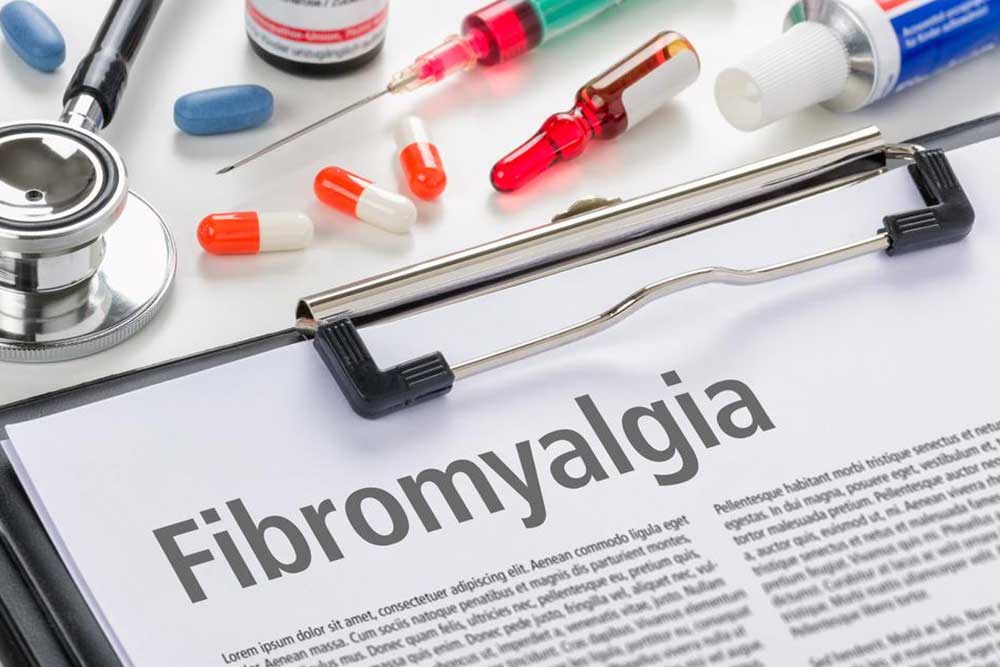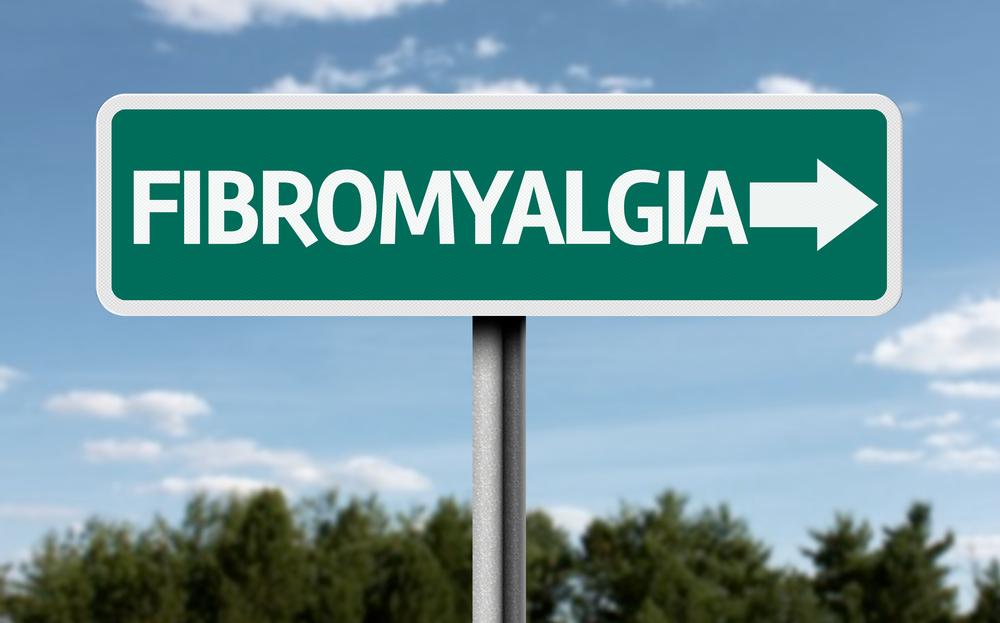Recognizing Common Signs of Fibromyalgia
Fibromyalgia is a chronic disorder characterized by widespread muscle pain, fatigue, and increased sensitivity to pain. It primarily affects women and can impact mental and social well-being. Accurate diagnosis relies on symptom assessment, as no specific lab test exists. Effective management includes medication, therapies, and gentle physical activity. Recognizing early signs like muscle soreness, headaches, and cognitive issues can improve outcomes. The condition is manageable with a multidisciplinary approach, helping patients regain quality of life and reduce discomfort.

Recognizing Common Signs of Fibromyalgia
Signs and Symptoms of Fibromyalgia
Fibromyalgia, once mistaken for rheumatism, is a widespread condition causing persistent pain in muscles and bones, primarily affecting soft tissues. It presents with heightened tenderness at specific trigger points, where even gentle pressure results in severe discomfort. The condition leads to ongoing dull aches, impacting physical, mental, and social well-being. Affecting approximately 2-4% of the population, fibromyalgia can occur at any age, irrespective of gender.
According to the National Institute of Arthritis and Musculoskeletal and Skin Diseases (NIAMS), around 5 million adults in the U.S. suffer from fibromyalgia, with women constituting 80-90%. Those with relatives diagnosed may be at higher risk. Although the disorder is centuries old, its recognition as a distinct medical issue occurred in the 1990s, after differentiating it from other arthritic diseases. Diagnosis mainly relies on patient-reported symptoms, as no definitive lab tests exist. Treatments include medications, therapies like cognitive-behavioral therapy, acupuncture, and gentle exercises. Over-the-counter pain relievers and antidepressants are used to manage specific symptoms. Studies show personalized exercise routines, especially with professional guidance, can greatly alleviate symptoms. People with a family history of rheumatic conditions are more vulnerable. The American College of Rheumatology recommends a symptom checklist for early diagnosis, including widespread pain, fatigue, sleep issues, and cognitive problems. Common signs include severe muscle soreness, spasms, headaches, rebound pain, nausea, increased pain sensitivity, forgetfulness, and fatigue. These symptoms vary among individuals but collectively signal fibromyalgia.
Disclaimer:
The information shared on this platform offers valuable insights across various health topics. While research-backed, these articles should not replace professional medical advice. Users are encouraged to consult healthcare providers for diagnosis and treatment options. The website is not responsible for any discrepancies or updates in medical guidelines or offerings beyond the published content.










